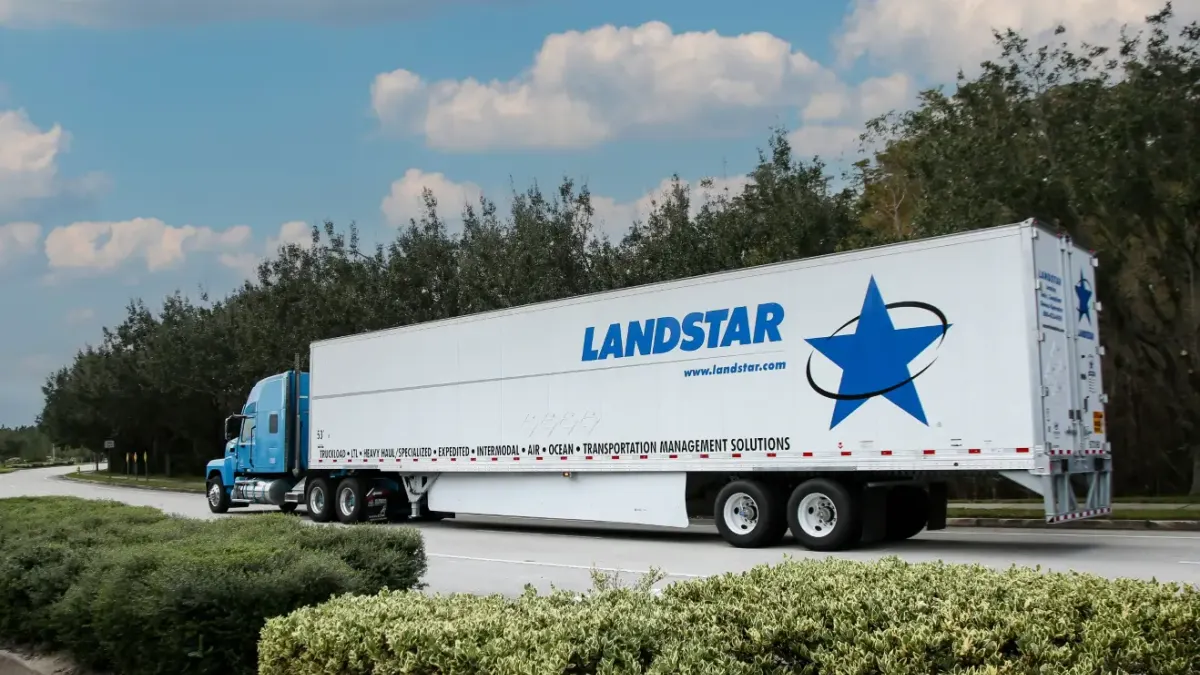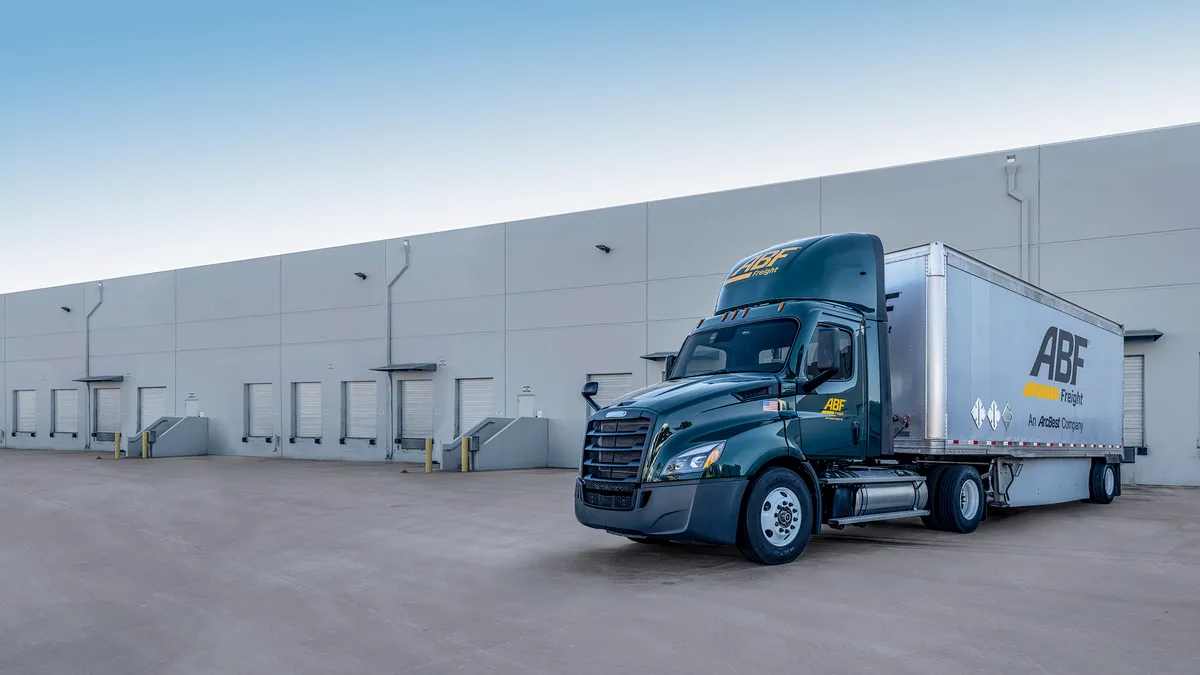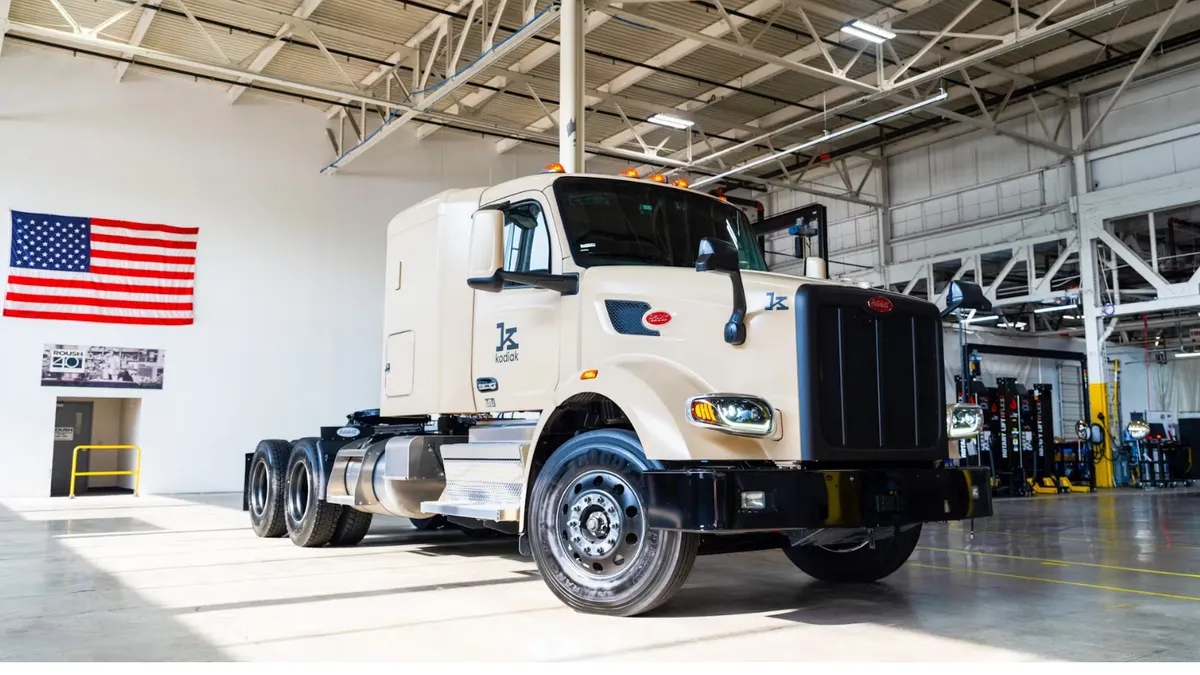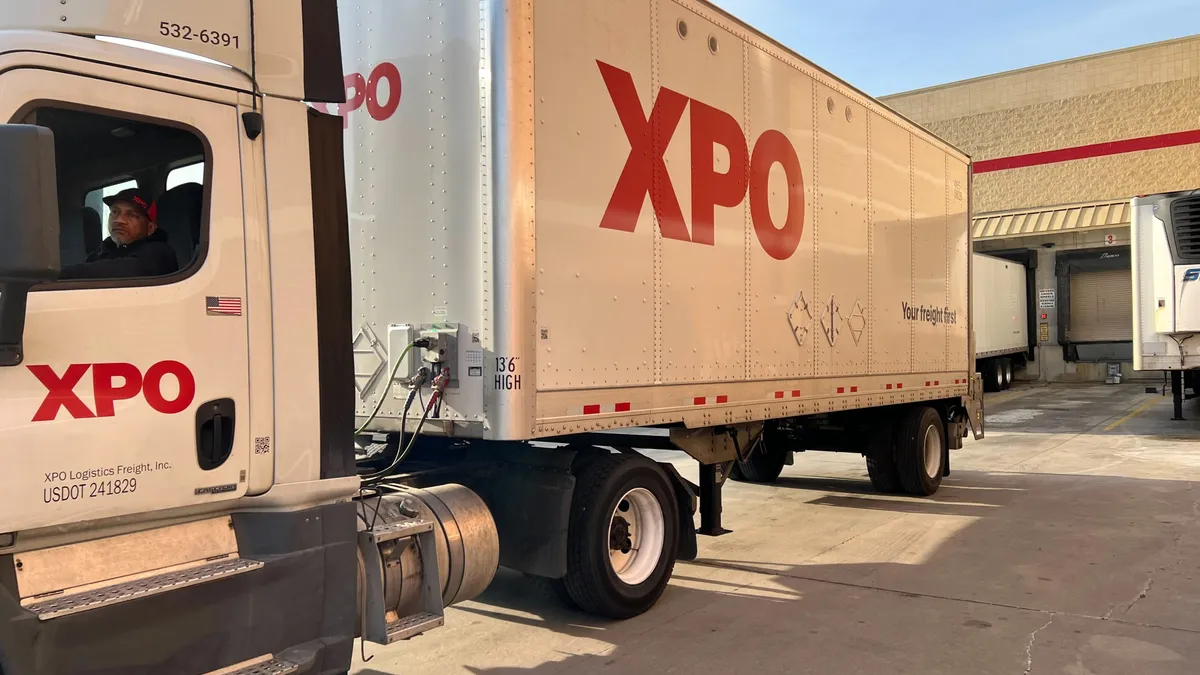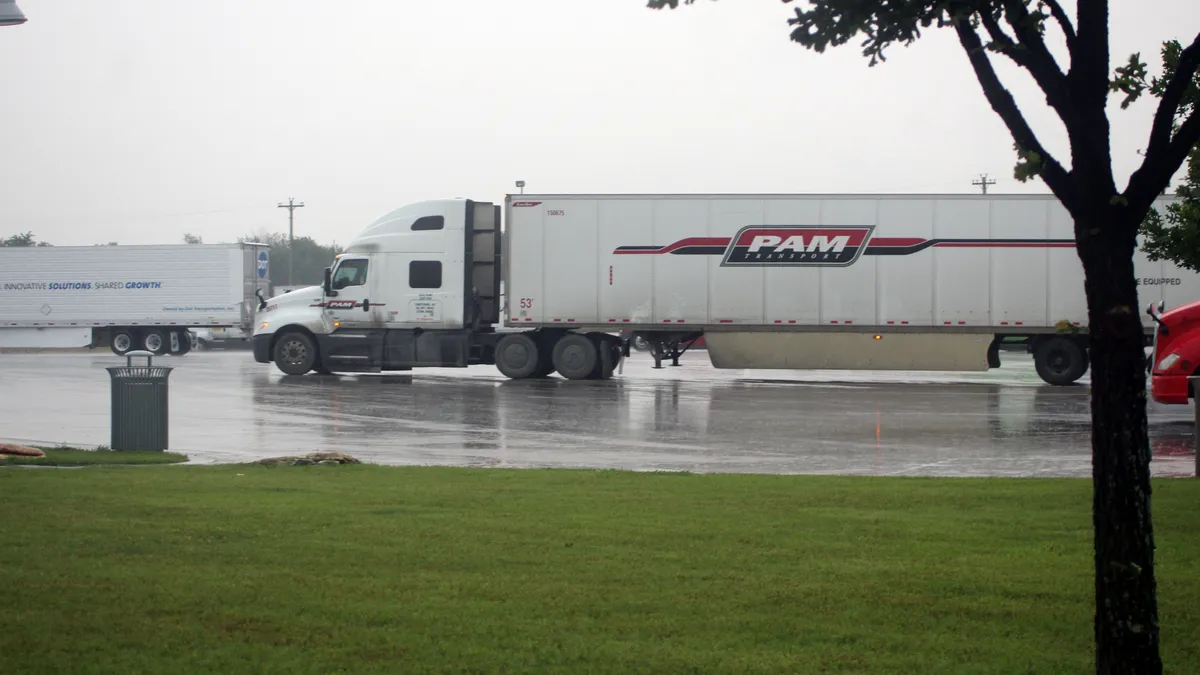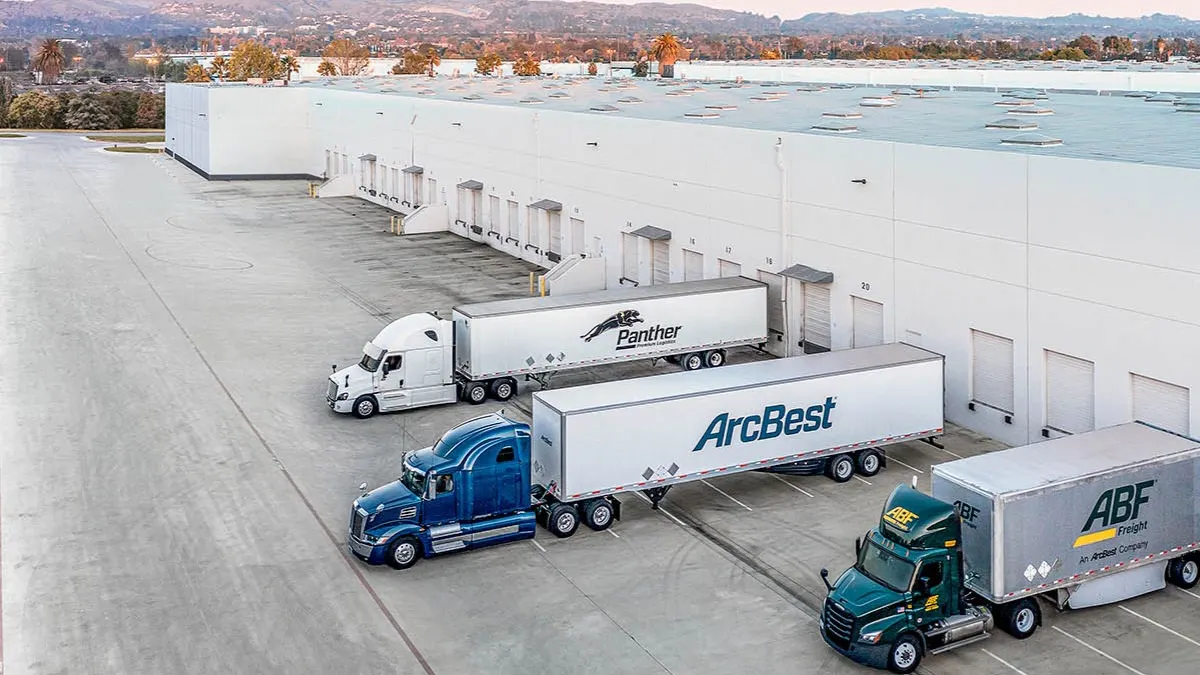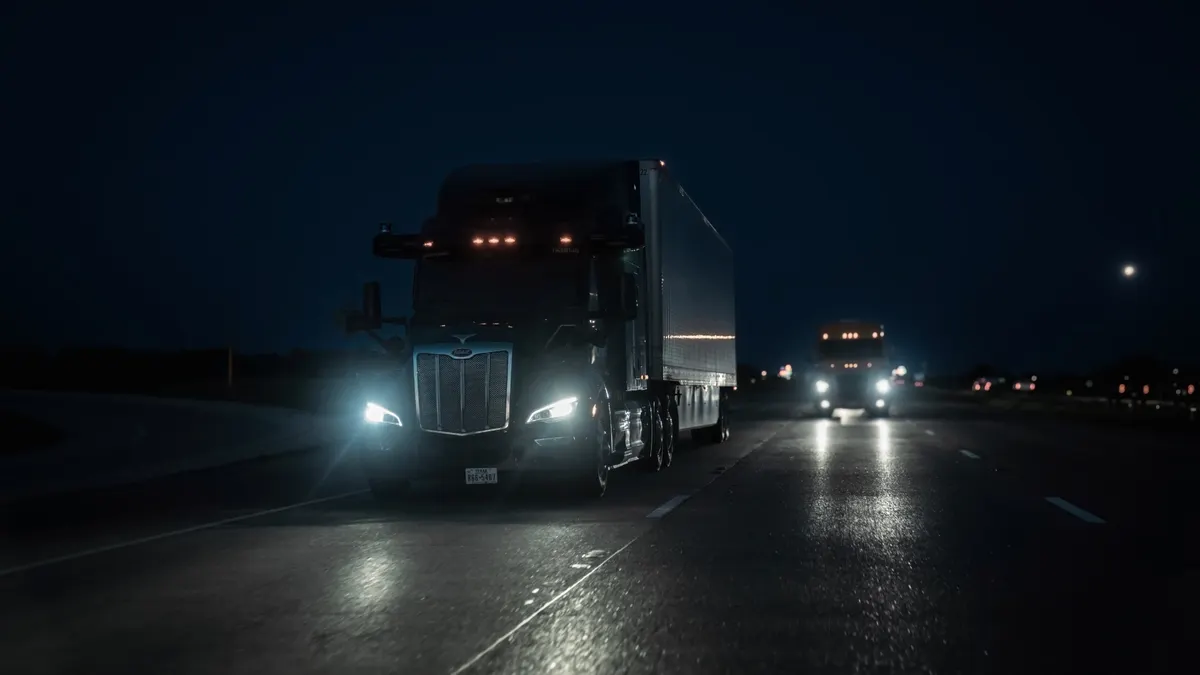This story is part of the Transport Dive Outlook on 2021, a series on the trends that will shape the industry in 2021. For a look at the business trends affecting other industries, see the Dive Outlook on 2021.
Analysts expect 2021 to be a big year for transport-related mergers and acquisitions. One term that keeps coming up is "pent-up" demand, heightened by idle capital looking to get to work.
"We feel there is momentum," said John Anderson, operating partner of Greenbriar Equity Group, whose investment portfolio includes companies such as LaserShip, Seko Logistics and Uber Freight. "We feel coming into 2021, we are riding a bit of a crest that 2020 ended with."
Anderson said M&A activity picked up after the coronavirus arrived in the United States and caused the first round of shutdowns. Times were particularly volatile in the spring, especially after panic buying dissipated. But as the summer wore on, depleted inventories needed restocking. Spot rates began to rise through the second half of the year.
"We proved M&A could be done in a travel-restricted environment," said Anderson. "The pent-up demand of capital wanting to be invested is real."
Indeed, a number of companies also proved it. TFI International had acquired nine firms in 2020 by the end of November, and analysts believe the firm would have bought more companies if not for the pandemic.
Other carriers are targeting specific sectors that the pandemic boosted demand for, such as last mile.
J.B. Hunt is seeking existing last-mile players to improve any company-wide learning curve of what is a tricky, customer-service-intensive sector. On Nov. 30, J.B. Hunt made its latest acquisition by buying Mass Movement, a delivery company that has delivered more than 2 million equipment pieces to 3,500 fitness centers since 1996.
A strong start to 2021
The trend continued in 2021's first week. On Jan. 5, James Richardson & Sons and Wescan Capital said they acquired 100% of the shares of Bison Transport, one of Canada's largest carriers. Bison, of Manitoba, said it has more than 3,700 employees and contractors, with a fleet of 2,100 tractors and 6,000 trailers in North America. Terms were not disclosed, and the deal was done on Jan. 1.
Nikhil Sathe, managing director of Logisyn Advisors, said M&A activity will be strong in 2021 as the economy slowly shakes off COVID-19 effects and retailers continue to restock shelves.
"We are still not out of the woods," said Sathe. "The vaccines are on the way. We will limp back to normalcy in 2021."
"The pent-up demand of capital wanting to be invested is real."

John Q. Anderson
Operating Partner at Greenbriar Equity Group
But 2021 will be a good year for M&A, Sathe said. For one, the U.S. election is over, although that could bring some tax ramifications in 2022, Sathe said. To avoid new taxes in 2022, "owners and founders will likely be opportunistic about paying lower capital gains" in 2021, he said.
Rajeev Dhawan, director of the Economic Forecasting Center at the College of Business at Georgia State University, said if vaccinations are successful, and create wide-scale immunity among the U.S. population, there is a chance the macroeconomy gets back to normal by late 2021.
Even if consumers continue to stay home, it won't affect M&A too much, said Dhawan. In tough times, M&A activity tends to pick up, Dhawan said, as buyers look for opportunities and bigger market shares. Additionally, interest rates are low, making debt easy to service while chasing strong returns, he said.
There are plenty of transport and logistics-related properties to eye, making M&A more attractive. The transport market is very fragmented, especially the 3PL segment, Sathe said.
"The fragmentation brings opportunities for consolidation," said Sathe.
And Sathe agreed with Anderson on the pent-up demand for acquisitions. "There's a lot of buyers; there's a lot of capital," said Sathe.
'Year from hell' is over
2020 started off poorly for M&A, according to PwC. M&A volume and value declined during the first half of 2020 compared to the peak in the second half of 2019, but average deal size increased 9% to $377 million, compared to the first half of 2019, according to PwC. The firm said in August it expected deal activity to pick up in the second half of the year.
Now Anderson said the "year from hell," is over. Anderson said he was "surprised by the robustness" of the transport and logistics sectors during the second half of 2020. Indeed, for the week ending Sunday, DAT reported average spot TL rates were $2.27 per mile, 65 cents higher than for the same week in 2020, according to Dean Croke, DAT principal analyst.
During 2020, Greenbriar Equity Group did some buying and selling, Anderson said. The kicking of tires, so to speak, continues. In Anderson's opinion, many trucking and logistics companies came through 2020 in good shape.
One criteria that Greenbriar Equity Group now evaluates when buying a company is how it fared during the COVID-19 crisis. If the equity firm sees issues, it studies if the problem was a "blip" caused by coronavirus-related problems. If the issues are what Anderson calls a blip, Greenbriar Equity Group may proceed with a purchase.
"I am bullish on the economy and bullish on M&A."

John Q. Anderson
Operating partner, Greenbriar Equity Group
And even if a transport or logistics company did not come through the year in good condition, Anderson said there is an extra element of bad luck that could be no fault of the company. For example, some transport and logistics companies may have specialized in servicing restaurants and schools, two business sectors hit especially hard by shutdown and coronavirus policies. Greenbriar Equity Group will not necessarily rule out a purchase of a carrier if COVID-19 caused havoc with the company's business.
Anderson sees those bad-luck factors for most carriers lifting in 2021, and fiscal health returning to most firms in the transport and 3PL sectors. He sees vaccinations picking up, travel increasing and more face-to-face businesses resuming.
"I am bullish on the economy and bullish on M&A," said Anderson.






